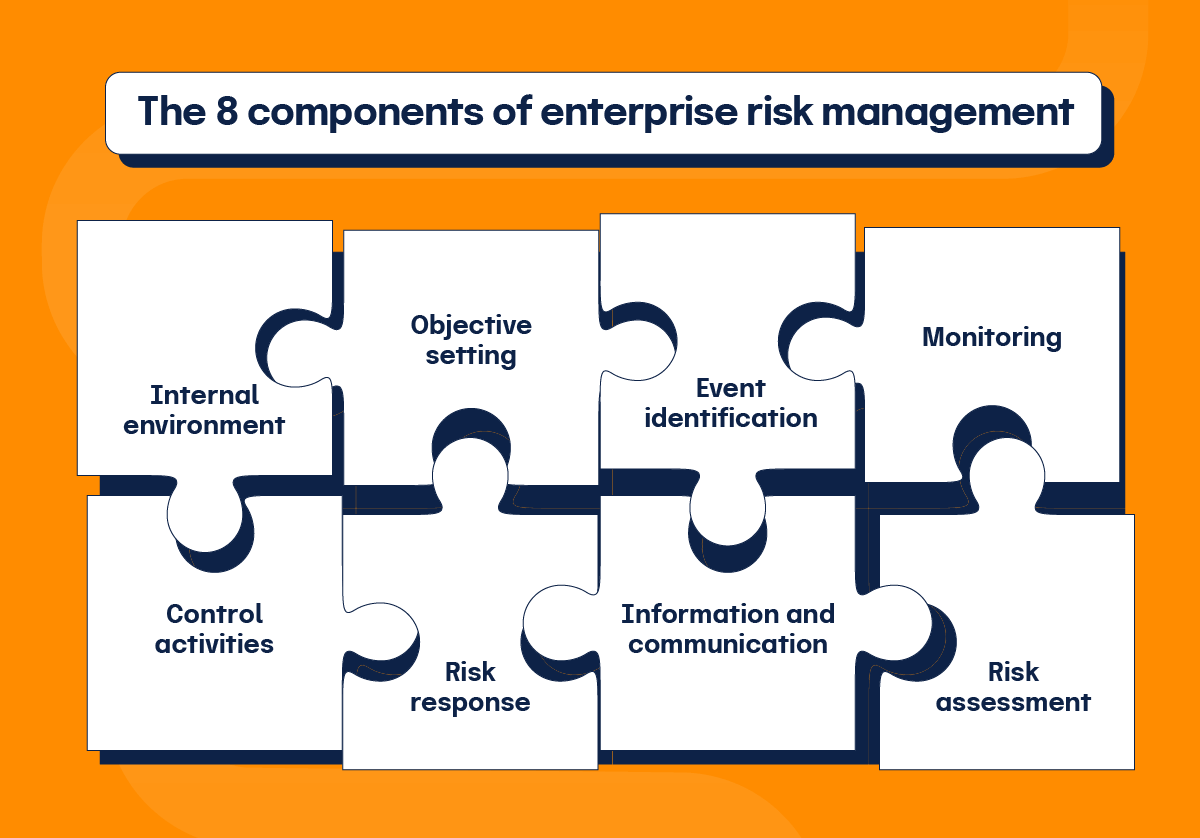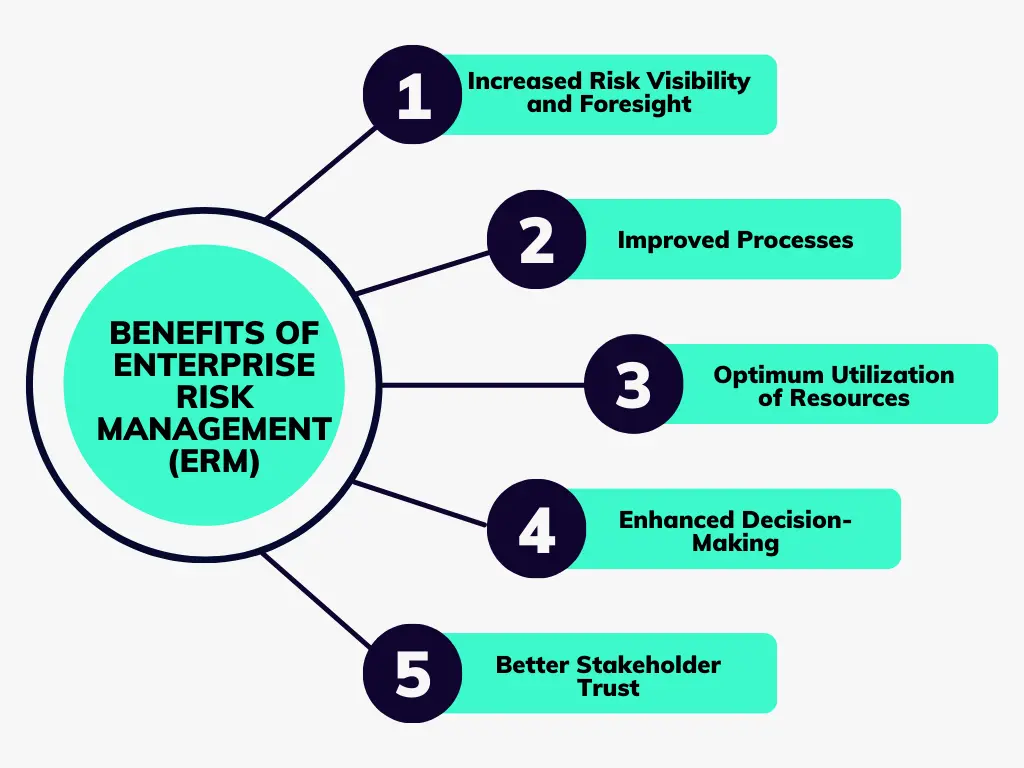Explore the Function of AI in Encouraging Ethics and Honesty to Combat Insider Threats Efficiently
The assimilation of AI in business structures has become essential in resolving expert hazards. By employing sophisticated analytics and real-time tracking, AI systems can determine deviations from ethical behavior among workers (Insider threats). This positive technique not just improves conformity however likewise cultivates a setting of trust fund. As firms significantly rely on these innovations, inquiries emerge concerning their effectiveness and potential effects for workplace society. What exists in advance in the development of AI's function in promoting integrity?
Understanding Insider Hazards and Their Effect On Organizations
Although companies usually concentrate on exterior hazards, expert risks position a significant threat that can weaken safety and security and integrity. These hazards arise from individuals within the organization, such as service providers or staff members, who might abuse their access to delicate info for personal gain or harmful intent. The effect of insider hazards can be serious, leading to monetary losses, reputational damage, and lawful ramifications.
Variables contributing to expert risks consist of discontentment with the workplace, lack of oversight, and poor worker training on security procedures. Organizations typically struggle to determine these risks, as they can be tough to spot till significant damages has actually occurred. Avoidance strategies should concentrate on fostering a society of trust fund and responsibility, along with implementing durable surveillance and reporting systems. By recognizing and attending to the intricacies of expert threats, organizations can boost their security position and secure their valuable assets from interior dangers.
The Advancement of AI in Office Security
As organizations progressively face varied protection obstacles, the integration of synthetic intelligence (AI) in work environment safety has actually progressed significantly. AI applications concentrated mostly on automating fundamental security protocols, such as access control and surveillance. Innovations in equipment discovering and information analytics have transformed AI right into a positive tool capable of recognizing prospective risks and vulnerabilities in real-time.
Organizations currently utilize AI-driven systems to examine large amounts of information, enabling them to spot strange habits that may show expert threats. This advancement has actually caused the development of innovative formulas that can learn from historic occurrences, enhancing the system's anticipating abilities. Additionally, AI devices are significantly used to streamline event response procedures, allowing protection teams to act promptly and efficiently.
How AI Monitors Worker Behavior for Ethical Compliance
Artificial knowledge plays a vital duty in keeping an eye on staff member actions to guarantee moral compliance within organizations. AI systems assess large quantities of data produced by staff members, including communications, purchases, and access to delicate details. By employing sophisticated formulas, these systems can identify variances from developed ethical requirements and firm plans.
Artificial intelligence models continually adapt to acknowledge patterns of habits that might suggest honest breaches, such as unauthorized data gain access to or unusual deal activities. Insider threats. Additionally, AI-driven devices can supply real-time informs to monitoring, facilitating prompt treatments when potential risks are discovered
The integration of AI right into conformity tracking not only enhances the organization's capacity to maintain stability however also promotes a society of accountability among staff members. By promoting transparency, AI systems function as a deterrent against dishonest habits, making sure that staff members remain lined up with organizational values and honest standards.
Assessing Patterns: Recognizing Risky Actions With AI
A growing number of companies are leveraging AI to examine patterns that may indicate dangerous habits amongst staff members. By utilizing innovative algorithms, these systems can look through substantial quantities of data, recognizing abnormalities in user behavior that might recommend prospective expert threats. For circumstances, AI can find unusual accessibility patterns to sensitive details, such as workers accessing documents outside their normal scope of job or throughout atypical hours. Furthermore, behavioral analytics can highlight regular adjustments in an employee's communication style or collaboration practices, which may represent underlying issues. This proactive technique allows companies to identify danger variables before they rise right into significant risks. The combination of AI into keeping track of practices not only improves safety and security however also cultivates a culture of accountability and honest behavior. By determining these patterns, organizations can much better comprehend the behavioral dynamics within their labor force, inevitably promoting a safer and a lot more honest job environment.
Real-Time Insights: Immediate Responses to Possible Hazards
Real-time insights via anticipating analytics and automated sharp systems play a necessary role in attending to potential dangers to principles and integrity. By leveraging these technologies, companies can expect dangerous habits and react quickly to minimize threats. This positive technique boosts accountability and cultivates a society of honesty in numerous settings.
Predictive Analytics Applications

Automated Alert Systems
Anticipating analytics gives a structure for companies to improve their responsiveness to ethical problems via automated sharp systems. These systems use real-time data to check tasks, identifying abnormalities that may indicate potential expert dangers. By leveraging device knowing click to find out more formulas, automated informs can recognize patterns of behavior that drift from established norms, enabling for quick intervention. This immediacy is necessary in mitigating threats associated with dishonest methods. Automated sharp systems can enhance interaction among pertinent stakeholders, guaranteeing that potential risks are addressed without delay and properly. As organizations significantly depend on AI-driven options, the assimilation of automated sharp systems will play a pivotal role in promoting a culture of principles and integrity, inevitably safeguarding business assets.
Fostering a Culture of Depend On Via AI-Driven Transparency
AI-driven openness can significantly enhance trust within organizations by advertising responsibility and open communication. With real-time surveillance options, stakeholders can obtain understandings into processes and decision-making, promoting a society this link of honesty. Data-driven decision-making further sustains this transparency, enabling educated selections that straighten with honest standards.
Enhancing Transparency and Liability
Exactly how can organizations successfully cultivate a society of trust fund? By boosting transparency and responsibility with the calculated use man-made knowledge. AI can help organizations methodically track decision-making procedures, ensuring that actions align with well established moral standards. This transparency permits employees to see the rationale behind policies and choices, lowering obscurity and fostering a feeling of justness. In addition, AI-driven devices can promote clear interaction pertaining to expectations and obligations, equipping people to take possession of their activities. As liability ends up being deep-rooted in the organizational society, workers are more probable to involve in moral actions, understanding their activities are kept track of and assessed. Ultimately, this method grows a setting where trust can flourish, greatly alleviating the risk of insider hazards.
Real-Time Surveillance Solutions
As companies increasingly seek to promote a society of depend on, real-time tracking remedies become a critical device in improving openness. These AI-driven systems constantly track activities, providing understandings right into user habits and possible abnormalities that might indicate expert risks. By implementing such tracking solutions, companies can proactively determine threats, guaranteeing timely actions to dubious tasks. This not only safeguards delicate information yet additionally strengthens a commitment to ethical techniques. The clear nature of real-time surveillance assists construct staff member self-confidence, as people are conscious that their actions are being observed for the higher good. Inevitably, these solutions serve to cultivate a workplace atmosphere based in count on, accountability, and ethical integrity, essential for alleviating insider risks effectively.

Data-Driven Decision Making
Real-time surveillance services prepared for data-driven decision production, which greatly improves business openness. By leveraging AI innovations, companies can assess vast amounts of data to identify patterns and abnormalities a measure of potential insider risks. This analytical approach enables stakeholders to make educated choices based in empirical evidence, promoting a culture of trust amongst workers. Transparency in decision-making processes, reinforced by AI-driven understandings, motivates liability and ethical behavior. Additionally, it permits companies to proactively deal with vulnerabilities, making sure that actions taken are warranted and interacted plainly. Because of this, the implementation of data-driven methods not just alleviates threats related to expert threats but likewise reinforces the worths of integrity and moral conduct within the organizational structure.
Future Fads: The Duty of AI in Enhancing Office Ethics
While companies significantly transform to expert system for functional effectiveness, the potential of AI to enhance work environment ethics is gaining prestige. Future patterns indicate that AI will certainly play a crucial function in creating ethical frameworks and standards, permitting companies to navigate intricate ethical predicaments. By examining substantial quantities of data, AI can determine patterns of dishonest actions and provide insights that advertise openness and responsibility.
AI-driven tools can assist in real-time tracking of employee interactions, guaranteeing adherence to ethical requirements. This proactive technique not only minimizes insider hazards however likewise grows a society of stability. As companies embrace AI innovations, they have to also focus on ethical programs and algorithmic bias decrease to assure fairness.
In this advancing landscape, the integration of AI in ethical practices This Site represents a transformative shift, fostering an atmosphere where stability is not merely expected yet methodically reinforced.
Regularly Asked Questions
Exactly How Does AI Differentiate In Between Benign and Malicious Actions?
AI sets apart between harmful and benign activities by assessing patterns in individual habits, employing artificial intelligence formulas to determine abnormalities, and evaluating contextual information to figure out whether actions line up with well established standards or display possible dangers.
Can AI Equipment Replace Human Judgment in Ethical Decision-Making?
AI devices can not totally replace human judgment in honest decision-making. While they can examine information and recognize patterns, the nuanced understanding of context, values, and moral effects still needs human understanding and discernment.
What Are the Personal Privacy Ramifications of AI Checking Employee Behavior?

Exactly How Can Organizations Make Certain AI Algorithms Are Morally Designed?
Organizations can ensure AI algorithms are morally developed by applying clear development procedures, involving varied stakeholders, carrying out routine audits, and sticking to recognized moral structures that prioritize fairness, accountability, and regard for customer privacy and rights.
What Training Is Required for Personnel to Comprehend Ai's Honest Duty?
Team training should incorporate foundational AI principles, information personal privacy, and prejudice awareness. Workshops, instance research studies, and interactive sessions can improve understanding, ensuring staff members identify AI's ethical ramifications and its role in cultivating honesty within the company.
Synthetic intelligence plays an important role in monitoring worker behavior to guarantee honest compliance within organizations. The combination of AI right into monitoring methods not only boosts security however additionally promotes a society of liability and honest behavior. While companies increasingly face ethical problems and potential honesty violations, predictive analytics applications provide prompt understandings that can assist minimize these threats. Anticipating analytics offers a foundation for companies to enhance their responsiveness to honest worries through automated alert systems. Future trends indicate that AI will certainly play an important function in developing ethical frameworks and standards, enabling organizations to navigate complex moral issues.